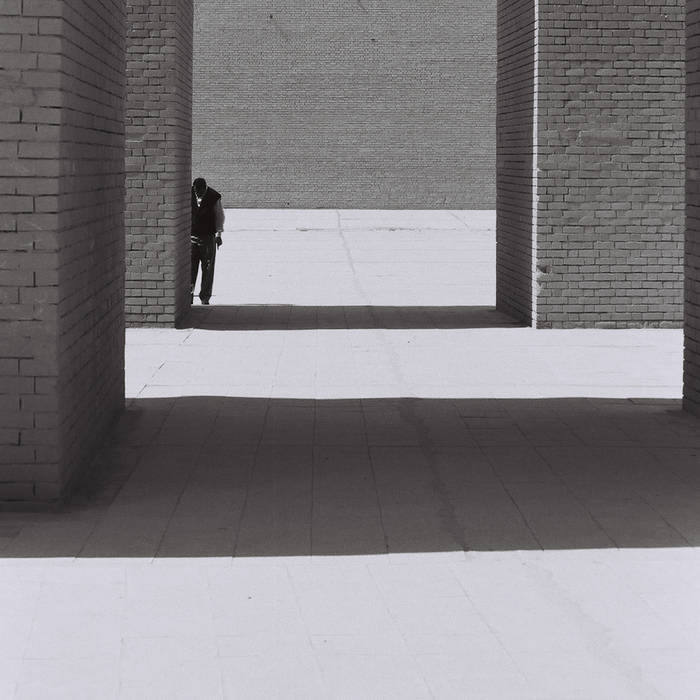Jerry Quickley - (american) FOOL
Written by Chi Chi Thalken on February 19, 2018Temporary Whatever is a record label started by Busdriver many years ago. Yes, he’s released his own music on the label, like his EP, Thumbs, from a couple of years ago. However, he’s also used the label here and there to release the music of other artists that he believes in, such as The Light Bearer by Jimetta Rose. Now, Busdriver has found someone he believed in so much, he’s not only putting out the album on Temporary Whatever, he’s produced the entire thing as well. That someone is a poet by the name of Jerry Quickley, who gives us his debut album, (american) FOOL.
(american) FOOL is an interesting album for a number of reasons, but first and foremost, it’s interesting because we don’t get that many poetry albums across the board, let alone one set to abstract hip hop beats. The closest comparison that most people would be familiar with would be Saul Williams, but even then, he sounds distinctly different from what Quickley is doing with this album. Because it’s not a hip hop album in the traditional sense of things, that opens up a few possibilities for Quickley and Driver. Because Quickley isn’t delivering rhymes and hooks and choruses, Busdriver doesn’t need to be concerned with that either when it comes to his production. That is all to say that this is some of Busdriver’s most abstract, noisy, and challenging production to date. He’s pushing your sonic sensibilities as much as Quickley is pushing you with his words. On the mic, Quickley sounds like he’s been doing this for years, with a clear and confident delivery. He might not be rapping in the traditional sense, but he still has a cadence and flow to his words as they come out of his mouth that give certain words and phrases weight, as they play against the distortion, feedback, and layered sounds of Busdriver’s production. Sometimes Quickley’s poetry is straightforward, such as on “Prep School,” in which he relays an anecdote of an experience in his youth in which he got introduced to the harsh realities of racism, police brutality, and injustice, all for simply being a curious kid. Other times, it can get a little more abstract, such as on “Unicorn Anais,” in which he laments love lost, using some yams purchased from the farmers market to project all of his complex feelings about this relationship. It’s in cases like this that you see how Quickley lets some humor in through the cracks, giving just a little bit of levity to an otherwise serious album.
This might be Jerry Quickley’s first album, but it doesn’t sound like it. Having someone as experienced as Busdriver to produce certainly helps to get you past the learning curve, but it’s Quickley’s smart, complex, and emotional poetry delivered with confidence that makes this album so compelling. This is certainly one of the most unique albums you’ll hear this year.
| Title: | Jerry Quickley - (american) FOOL |
|---|---|
| Label: | Temporary Whatever |
| Year: | 2018 |
| Rating: | 8/10 |

